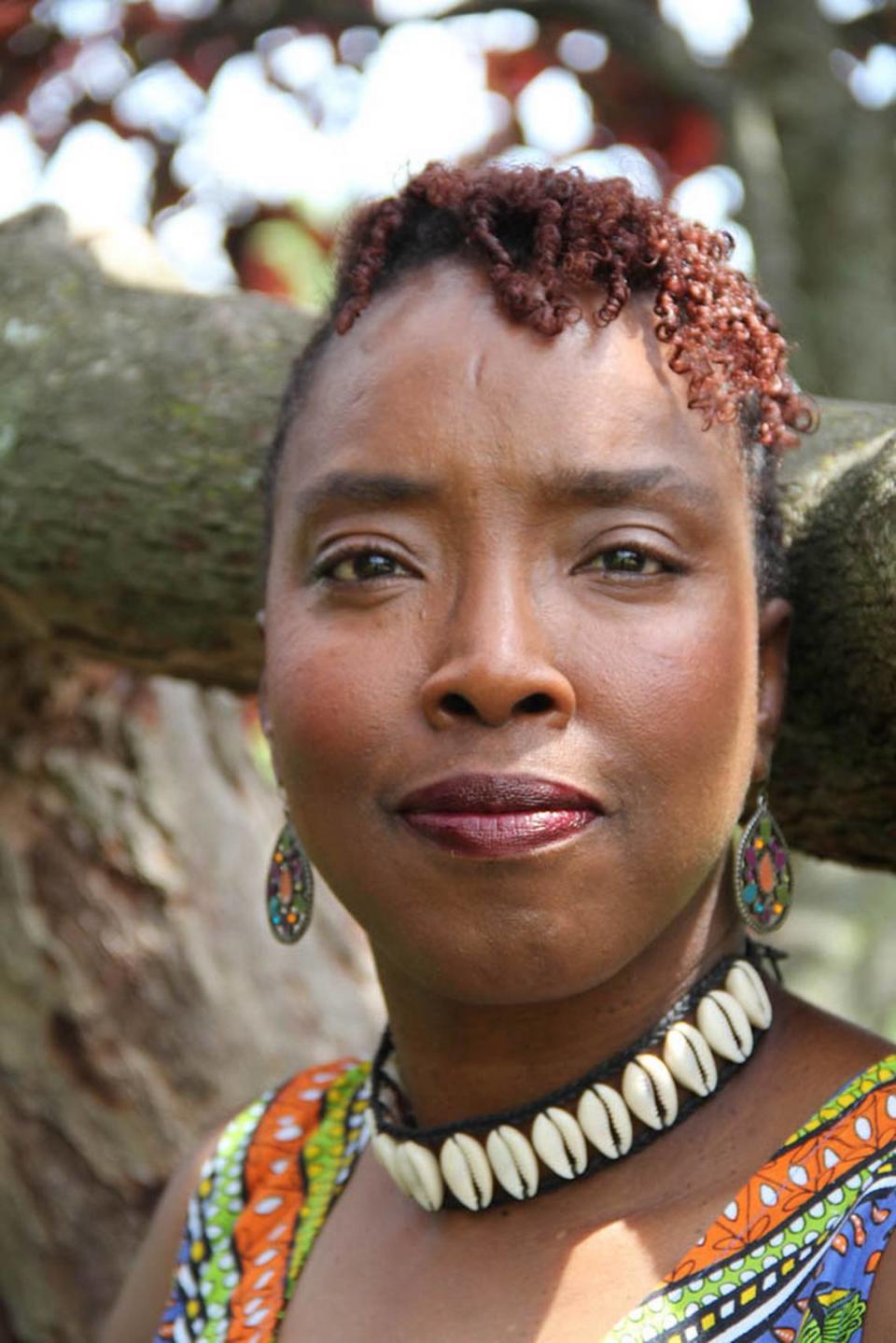Why did I learn about Virginia Dare in school but never about William Tucker?
- Oops!Something went wrong.Please try again later.
I learned the name Virginia Dare, the first English child born in the English colonies, when I was in elementary school. But I only learned the name of the first African child born in the colonies in 2022. His name was William Tucker, and he was born not even 40 years later.
Likewise, I cannot even count the times I learned about the Mayflower which landed in 1620, but not the White Lion which landed in historic Jamestown, Virginia in 1619. Both stories have historical significance, but not all history is taught or viewed the same way.
That is the reason why Kentucky Senate Bill 1, passed into law during the last legislative session, should be an issue that concerns all Kentuckians. We should not be afraid to teach history as it happened, not as we perceive it to strengthen the narrative we have been taught or have told ourselves.
My children bought me The 1619 Project by Nikole Hannah-Jones for my birthday, which inspired me to pick up Before the Mayflower by noted scholar Lerone Bennett, Jr. There is a reason people say knowledge is power, and while reading both books I continuously questioned why I never learned of many of the people, places, and events. Historical knowledge is power in the context of world history but is particularly true with regards to American history.
A few years ago, while at a family attraction, I had a moment of clarity quite by accident. I am a child of the South and have heard the words white supremacy in many contexts since I was young. White supremacy is a loaded term. It conjures up the Klan, lynchings, cross burnings, and church bombings. To most Americans, there is a revulsion to it because it is an affront to our idyllic sensibilities of fairness and equality that we herald from our Constitution.

As I looked at this attraction, I understood the resonance of white supremacy in a way I had not previously. Not in the sense of vitriol and terrorist acts of hatred, but the more subtle, consistent narrative that put people of European descent on top and everyone else beneath.
I saw pictures of Albert Einstein, Marie Curie, and Michelangelo. I had grown up learning about historical figures like these. This time I viewed these images differently. How could a white child not feel superior when all explorers, kings and queens, founding fathers, renaissance masters, inventors, and presidents (except Obama, of course) were white? Conversely, how could a Black child not feel inferior when most, if not all history surrounding people of African descent was somehow connected to slavery or the fight for status as equal citizens?
Senate Bill 1 uses language that would convince any reasonable person, that of course, this bill is not about race, when in fact, it is a part of a larger national conversation about how we see ourselves as Americans, and who gets to tell that story.
These types of laws do not sanction abhorrent physical attacks against Black people, however, they hold up the subtle yet virulent way that bias and systemic racism quietly accomplishes what outright domestic terrorism cannot.
Education shapes how we see ourselves, and how we see the world and others in it. In 2016, not 1966, then Congressman Stephen King unabashedly declared that no other group had contributed more to civilization then white people. He did not use the N-word. He did not have to. He verbalized the exact worldview I described previously.
Our children and our educators deserve better. And we, as adults, should be offended that Kentucky legislators would seek to limit what our citizens and particularly our children learn about our nation. We cannot silence educators or multi-racial voices to present what is deemed the real American story. Knowledge is power, for all of us.
Tina V. Bryson is a writer in Lexington, Kentucky.

